【新唐人2011年6月9日訊】今年敏感的“六四”前後,大陸毒食品、暴力拆遷、司法枉法、乾旱天氣、基層選舉被阻,天災人禍,令民間不滿情緒更加嚴重。作為喉舌的官方媒體,稍有差錯,都可能招來嚴厲處罰。因此,這段「敏感時期」,媒體主管沒有人願意坐堂簽版,怕中共秋後算帳、追究責任,只好抽籤決定。請看報導。
今年是「六四」22週年,又逢「辛亥百年」,和中共暴力奪取政權90週年,在這「敏感時期」,中共持續高壓管控,令一些傳媒主管更是忌憚,擔心涉敏感新聞或圖片出街,自己被追究責任。
北京資深媒體人高瑜女士表示,中共一直讓人們淡忘「六四」,所以很多年輕人不知道「六四事件」!可是,有一些編輯,報導了「六四」方面的信息,或者是被主管忽視,結果「六四事件」出現在中共媒體上。
高瑜(北京資深媒體人):“我總覺得最重要的還是主管,現在的記者呢,你說他有一些,是堅持普世價值的,堅持一定要為六四平反的,很多傳媒人已經都被處理了,一波一波的,從六四到現在,每年都要處理,我們就是89年就被處理了! ”
香港《明報》報導,較早前南方一份報章刊登聲援艾未未的社評,就是有關主管審閱時,只認為文中深情的表達了對地震死難者的悼念,並沒有看出字裡行間的「曲筆反骨」,得以放行出街。事後被問責時,相關主管喊冤說,自己既接觸不到外界信息,文章字面上也沒有露骨表述,監察很難做到無漏網之魚。
媒體記者莫巨烽表示,在大陸,新聞控制的非常嚴重,特別是一些大的活動和節日,當地的公安部門經常警告,不允許登出所謂「負面消息」。不過有些記者站在道義角度,還是想辦法把消息發了出去。
莫巨烽(中國媒體記者):那些記者也有發那些敏感的消息的,通過特殊的渠道發出去,因為很多記者很反對它們(中共)這種獨裁的政權。”
原《百姓》雜誌主編黃良天認為,大陸所謂的媒體,其實是中共的宣傳工具,是中共的陣地。作為一個陣地,實際上沒有甚麼控制不控制,只能是接受。他說,作為大陸媒體的一個「主編」,就是一個陣地的哨兵,上級讓你去幹那些你不願意幹的事情,你不聽的話,可能會被調離崗位,再不就是把你槍斃了。
黃良天(原《百姓》雜誌主編):“你要想說真話,你就得準備犧牲,這種犧牲是巨大的。真的做好一個主編,做一個有良心的主編,真正的主編是很困難的。你就得準備犧牲自己。”
今年是中共奪取政權90週年,中國出現的經濟問題和政治問題越來越多。高瑜女士說,22年前的「六四事件」,就是民眾要中共改錯,但中共用武力鎮壓,現在,中共為甚麼要把毛澤東立為正宗,因為,否定毛澤東,中共的合法性就沒有了。
高瑜:六四是個分水嶺----就是中國你走甚麼道路?原來(六四)要改革,就是要中共改錯,你供著毛澤東所犯的錯我們得改過來,我們向人民贖罪,六四就決定了它們走的這種權貴資本主義道路,所以這個問題,將來六四問題是越來越大!”
《法國國際廣播電臺》報導,在六四前後,仍有很多大陸博客和網民或以直接或以隱晦的帖文,透過新浪微博抒發對22年前六四死難者的悼念,但很多都被網主很快的刪掉了。
新唐人記者梁欣、唐睿、吳慧真、採訪報導。
Panic-Stricken Chinese Media
Tainted food, forced demolitions, unjust verdicts,
droughts and intervened elections all took place
during the “sensitive period” around June 4,
intensifying the public discontent in China.
Media controlled by CCP (Chinese Communist Party)
are walking a fine line under public scrutiny.
Out of fear of CCP』s future punishments,
the media professionals try to shun responsibilities.
June 4 is the 22nd anniversary of Tiananmen Massacre;
the 100th anniversary of Xinhai Revolution is in Oct;
and the CCP will turn 90 years old in July.
CCP tightened media control in this sensitive period.
Management of many media companies is in fear
of being punished for publishing sensitive news.
Beijing-based senior media reporter Gao Yu said,
as the CCP heavily censors the Chinese media,
many youth never heard of Tiananmen Massacre.
However, as some articles are overlooked by editors,
info about Tiananmen has appeared on CCP media.
Gao: I think media directors are of vital importance.
Some reporters pursue universal values,
and they call for redressing the Tiananmen Movement.
They have been dismissed without exception.
We were dismissed in 1989.
Hong Kong』s Ming Pao reported that
a newspaper』s editorial supported Ai Weiwei.
When reviewing the article, the editor only saw
Ai』s mourning of quake victims, not his disobedience.
After article』s publication, the editor was punished.
He pleaded innocence as there were no explicit words
and he was unaware of the sensitive situation.
Reporter Mo Jufeng said, during sensitive periods
or festivities, local police often warn the media
to not publish any so-called “negative news”.
However, some reporters with a conscience,
still made an effort to publish the news.
Mo Jufeng: Some of the reporters cautiously publish
sensitive news via special channels,
because they do resent the CCP』s dictatorship.
Ex-chief editor of Baixing magazine, Huang Tianliang,
notes that most Chinese media are CCP』s mouthpiece.
The Chinese media can only accept what they are told.
An editor-in-chief in China is a sentry, who must do
what his boss asks him to do, against his conscience.
If he doesn』t obey, he would be fired or punished.
Huang Tianliang: If you want to speak the truth,
you must be prepared to lose your life.
It』s a big sacrifice.
Being an editor with conscience is never easy.
You must be prepared to sacrifice yourself.
Political and economic problems continue to increase.
Gao Yu said, during Tiananmen Movement in 1989,
the public demanded CCP to correct its mistakes.
Instead of changing, the CCP cracked down on them.
That is why CCP today upholds Mao Zedong,
for if Mao gets denied, CCP would lose its legitimacy.
Gao Yu: Tiananmen Massacre was a turning point
for CCP, when the public asked for a political reform.
People wanted to rectify Mao』s mistakes and crimes.
CCP opted for the path of privileged capitalism
after the massacre, which is an issue that will get worse.
According to RFI, before and after June 4,
many Chinese netizens expressed their mourning
to victims of Tiananmen Massacre with blog posts,
most of which were deleted soon by Internet monitors.
NTD reporters Liang Xin, Tang Rui and Wu Huizhen
看下一集
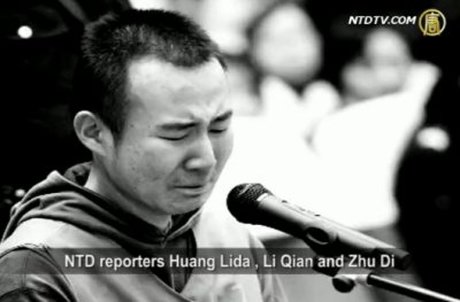
【禁聞】藥家鑫處死 民意還是陰謀?
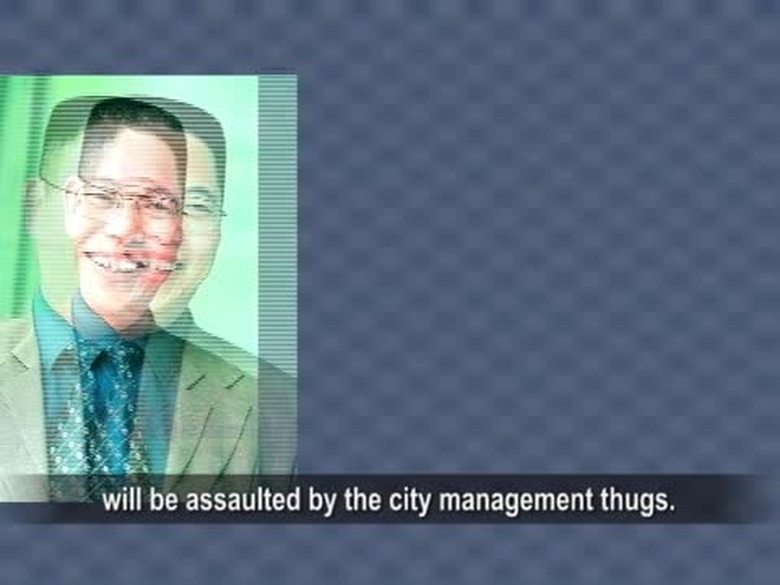
【禁聞】用億元選舉 撬動集權體制的曹天
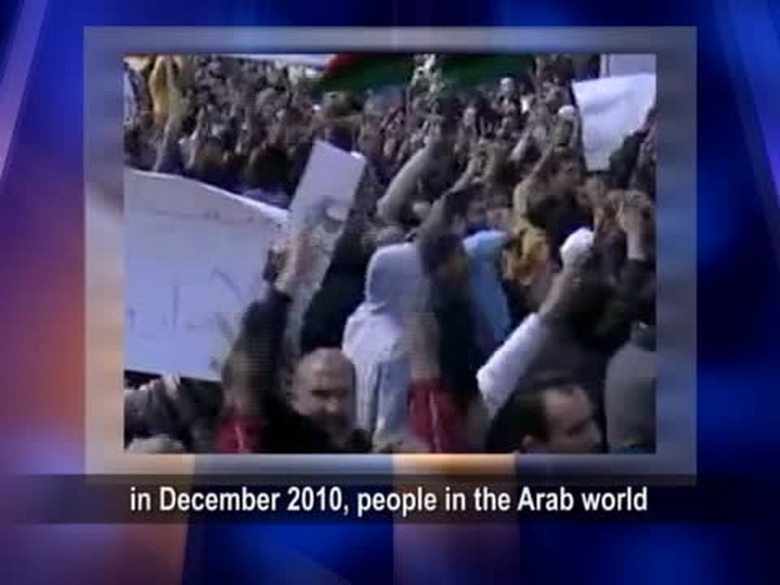
【禁聞】「阿拉伯之春」給中共甚麼啟示?
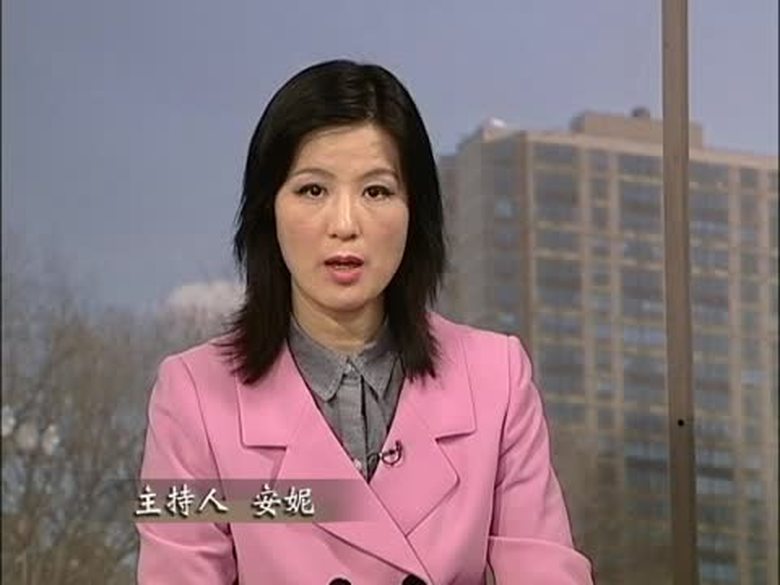
【禁聞論壇】為甚麼中國人勤勞而不富有?
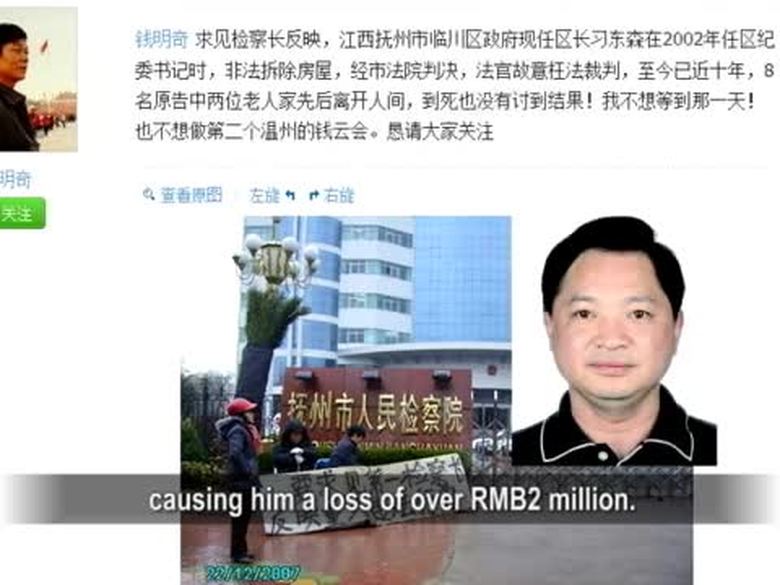
【禁聞】錢明奇生前錄音曝光 逼得無路
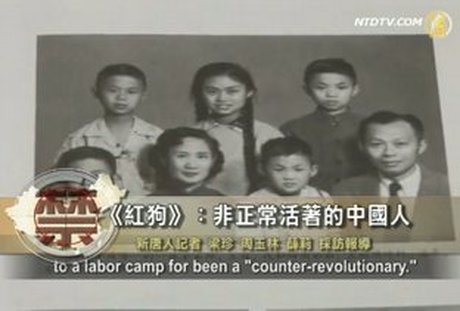
【禁聞】《紅狗》:非正常活著的中國人
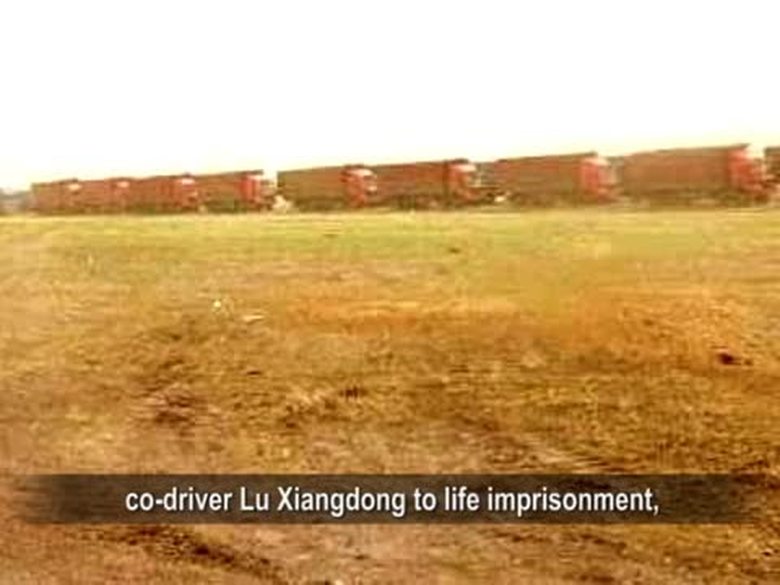
【禁聞】安內蒙 肇事司機判死 中共危機難解
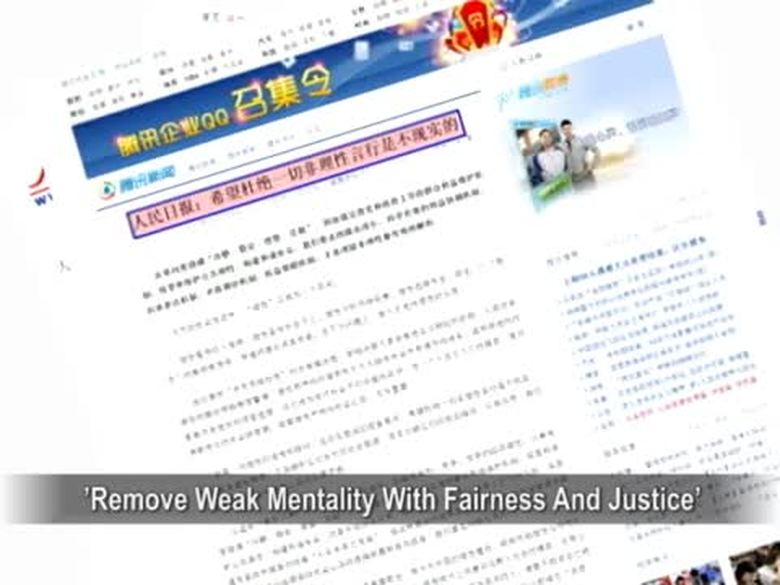
【禁聞】黨報頻繁變調 外界指高層三派混戰
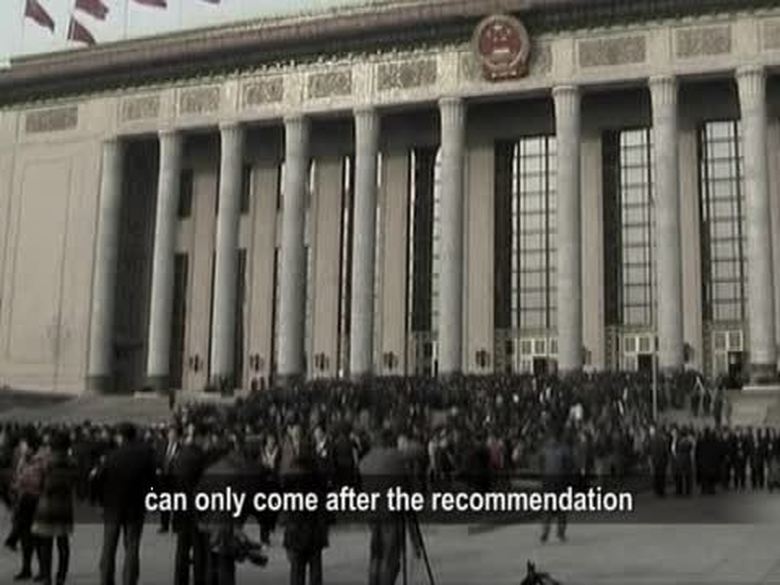
【禁聞】官批獨立候選人非法 民间仍要參選

【禁聞】清官?貪官?毛澤東爭議不斷

【禁聞】「滅共復國」嚇壞中共 綠島籲中放輕鬆
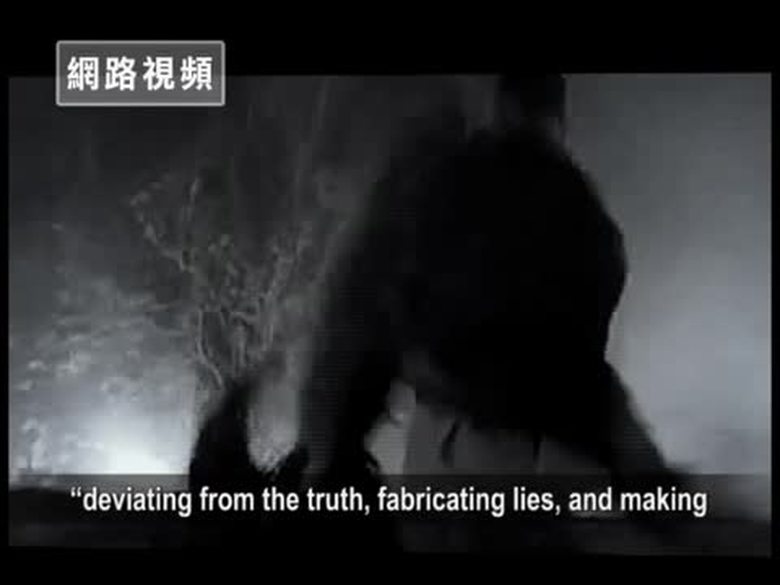
【禁聞】「批紅衣演黃戲」紅劇被批太離譜
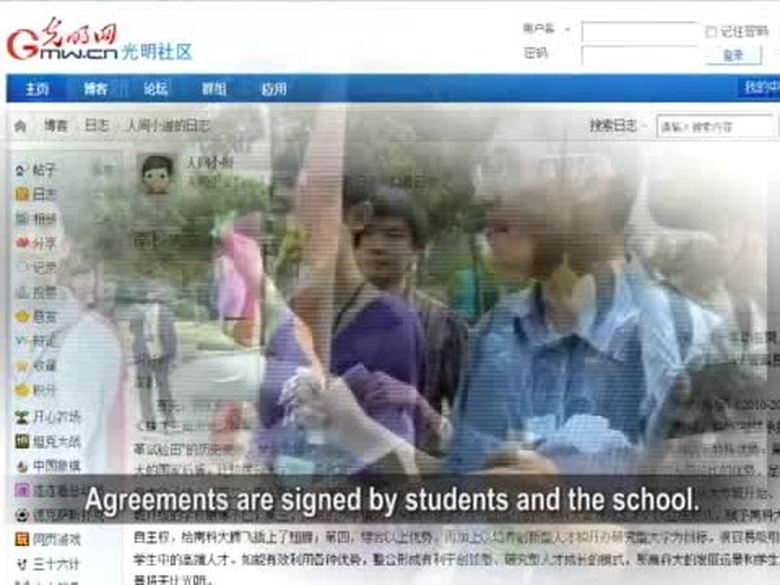
【禁聞】南科大罷考 挑戰高考制度

【禁聞】慾到美國圈錢 中國公司成打假目標
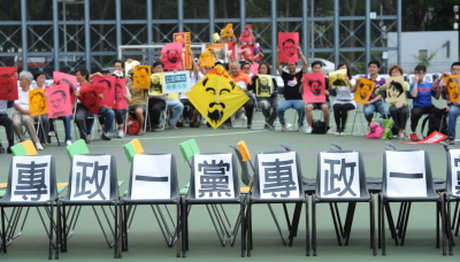
【禁聞】中共有理執政?專家唱衰
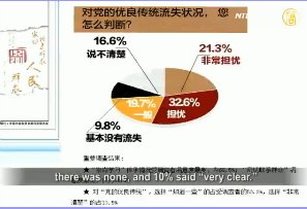
【禁聞】民眾回應官媒調查:中共沒優良傳統








